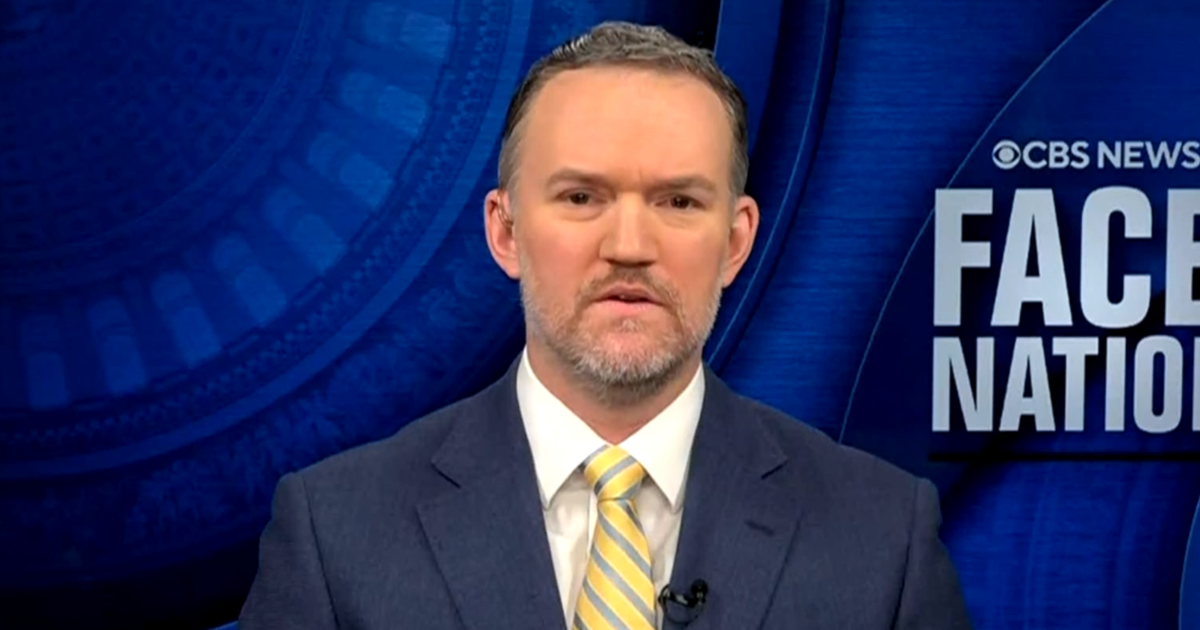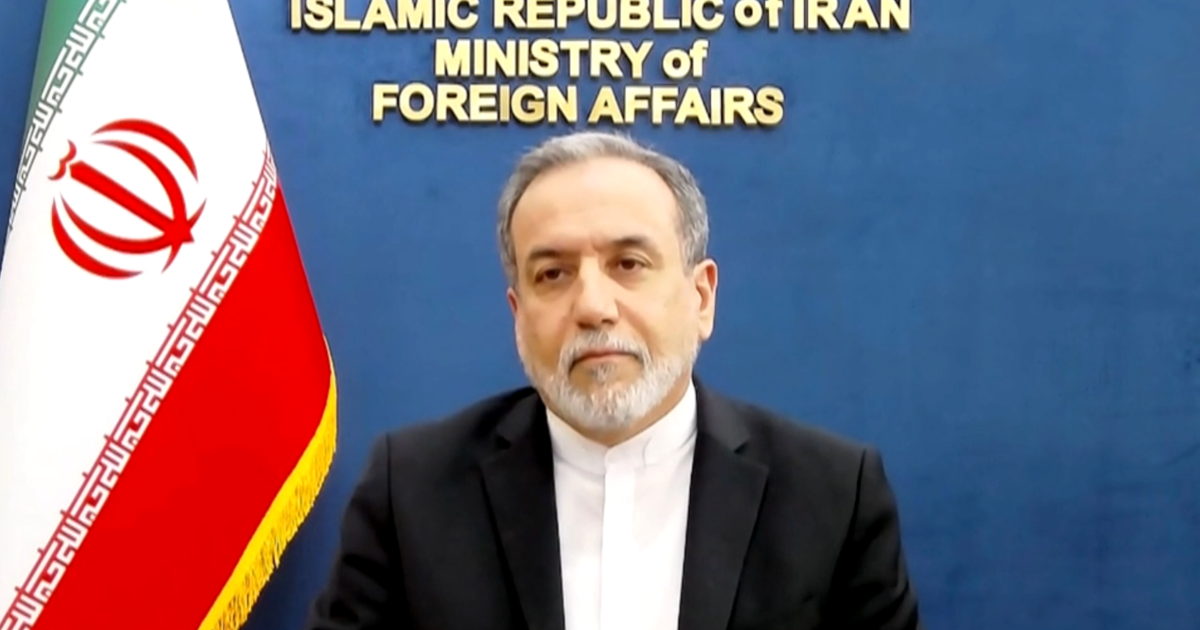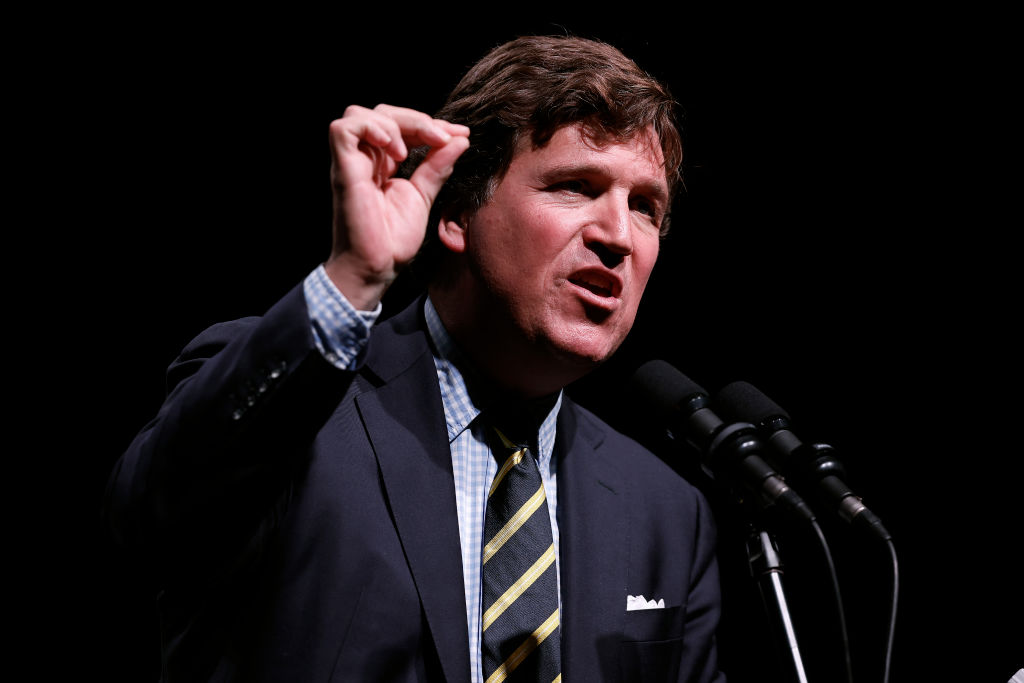Transcript: H.R. McMaster on "Face the Nation," April 3, 2022
The following is a transcript of an interview with H.R. McMaster, former national security adviser in the Trump White House and a CBS News contributor, that aired Sunday, April 3, 2022, on "Face the Nation."
MARGARET BRENNAN: I want to get more from former national security adviser H.R. McMaster. He's also CBS News foreign policy national security contributor and host of the podcast Battlegrounds. Good morning to you, H.R. Tactically and strategically speaking, why would Russian forces move to the east?
LT. GENERAL H.R. MCMASTER: Well to try- to try to get something out of this. Right. And to try- to to try to compensate for the utter failure of the- the- the- offensive initially, it- it's quite clear that- that Russia has failed from the very beginning in- in connection with its original objectives to subjugate all of Ukraine and to effect this coup domain oriented on these four axes, but mainly on Kyiv and Odessa. And what you see is a concentration now in the Donbas region and in the south. It's interesting, Margaret, we haven't heard too much talk about this, but this is about 10% of the Ukrainian landmass, but about the landmass that holds about 90% of- of Ukraine's energy resources.
MARGARET BRENNAN: Mm-Hmm.
LT. GEN. MCMASTER: And I think what you see Russia as having a strategic design in mind is as- as- as- as Fiona mentioned, Novorossiya and so forth. But it's also making the Sea of Azov clearly a Russian--
MARGARET BRENNAN: Right.
LT. GEN. MCMASTER: --lake and the Black- the Black Sea as well.
MARGARET BRENNAN: Well, I thought it was interesting that President Zelenskyy said when I asked him, does this mean, you know, a 100% withdrawal from all of Ukrainian territory? And he said Russia needs to withdraw to the borders pre-February 24th. So that would mean potentially those eastern Donetsk and Luhansk areas and Crimea. Is that significant to you, the way he phrased that?
LT. GEN. MCMASTER: It- it is significant. It means that- that, you know, he's willing to compromise to a certain extent, but I think that's gotta be up to him and the Ukrainian people. You've seen the horrors, the devastation. I've- I've heard your conversation which- which is just- it was just terrible with- with Zelenskyy and- and- and the horrors that they're confronting now in the- in the wake of the – of the Russian withdrawal. You know, I think that it's going to be up to the Ukrainian people, obviously, if they're wanting to compromise at all after that. And it's hard to imagine that- that they will want to give up any of their territory.
MARGARET BRENNAN: Yeah.
LT. GEN. MCMASTER: Well, and of course, Margaret, I think the other point about this is, you know, of course Zelinskyy knows that wouldn't be the end, right? If if if Vladimir Putin says, "I'll return back to the pre-February borders. Now, of course what he'll do is try to keep Ukraine under his thumb and under continuous duress, just as he has since at least 2003 and especially after 2014.
MARGARET BRENNAN: Yeah, and it's exactly what you just put your finger on there that has the surrounding European countries so concerned that he could continue to destabilize the area. But I want to ask you about that. Why would Putin risk bringing a NATO country into a war that is being described as one where his military is failing? Is the US in Europe making him ten feet tall when he's not?
LT. GEN. MCMASTER: Yes, I think so. I think I think I think Putin is really on the ropes here. And of course, what does he have left? All he only has left are threats. Cyber threats. Well, that's not working out for some reason. I think we'll learn more about that later. But then all he can do is is rattle his nuclear saber, which is what he's done. And, of course, that's a cause for concern. But I think we have to - not forget the "don't part" of don't take counsel of our fears. And I think at this stage, what we're seeing when we confront the horrors and the mass murder that is that occur has occurred and the horrible abuses, I think we feel now compelled to do more. Well, I think what we shouldn't do is wait any longer to do what it takes to give Ukraine all the tools necessary to fully beat back this offensive and to make it clear to the Russians that they're going to be unable to renew an offensive in the future.
MARGARET BRENNAN: Just to be really clear with our viewers, since you served in the military for so long, what we are describing and what is being documented as having happened outside Kyiv is very far beyond the acceptable code of conduct for US military forces. Can you just put that in context for anyone who would say war is always bloody? How do you see what happened?
LT. GEN. MCMASTER: Well, this - that this is that this is an unprofessional force. This is a force that is not adhering to the basic military ethic or the or the law of war or or or just war theory. "Jus in bello" theory requires you to apply force with discipline and discrimination and and and to protect non-combatants. Of course, Russia actually, its tactic was to commit mass murder against non-combatants because it didn't have the military competence to accomplish its objectives through fire and maneuver and the defeat of of of the opposing military force and then then the control of that territory. So this is– this is against the law of war. It's it's against it's against the military ethic and it's against what we have in our armed forces. The, you know, the professional warrior ethos, which is based on principles such as honor and self-sacrifice. And and that also includes taking on more risk ourselves to protect innocents, even even in in an activity that involves killing and the prospect of death.
MARGARET BRENNAN: H.R. McMaster, thank you for your analysis today. We'll be right back.



